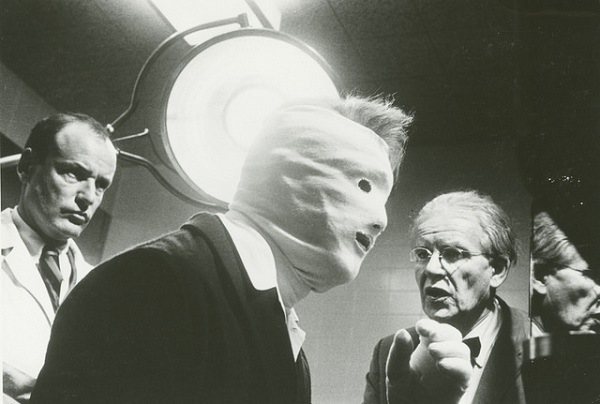The Immortality Industrial Complex will not make you live eternally, but there still will likely be benefits to the research. We might get more bang or the buck if we were focused on incremental improvements rather than moonshots, sure, but the Silicon Valley megabucks privately funding the search for a “permanent cure” wouldn’t be available at all if it were not for the promise of people with stock options getting to live forever.
From Adam Piore’s “The Immortality Hype” at Nautilus:
The quest to extend longevity makes perfect sense in Silicon Valley, explains Lindy Fishburne, a longtime lieutenant of Thiel’s, in her stately office in San Francisco’s Presidio, a former military base that sits on a pictorial tip of the San Francisco Bay. “It’s the engineering culture which says we’ll build our way out of it, we’ll code our way out of it, there has to be a solution. I also think it’s coupled with a very unique optimism that is pervasive in Silicon Valley.”
The big goal of the Silicon Valley titans is not to extend longevity by beating back cancer, heart disease, Alzheimer’s disease, or any of the other diseases that most of us succumb to. Rather it’s to use molecular biology to decode the very mechanics behind the process that is the biggest single risk factor in all of these diseases—the process of aging itself—and to attempt to halt it in its tracks. In recent years, researchers have made undeniable strides in decoding the cellular processes that go awry as we age.
The mainstream press has amplified the research into the second coming of Ponce de Leon. “Can Google Solve Death?” read a Time magazine cover in 2013. Veteran aging scientists bristle at the invocation of the “I” word (immortality). Even the most leading-edge studies in molecular biology today, they point out, including those done by the top scientists recruited to work for Google’s Calico, do not promise aging—let alone death—can be solved or cured.
The hype “has a bad effect because it makes the field look like we’re focusing on something that is not achievable,” says Felipe Sierra, the director of the Division of Aging Biology at the National Institute on Aging, of the NIH. It also obscures the significant research that is being done to identify the mechanisms of aging. “The positive side is that people are starting to understand that our goal is to improve health for everybody and not the particular patient that has one disease. It’s a more holistic approach.”•
Tags: Adam Piore, Joon Yun

